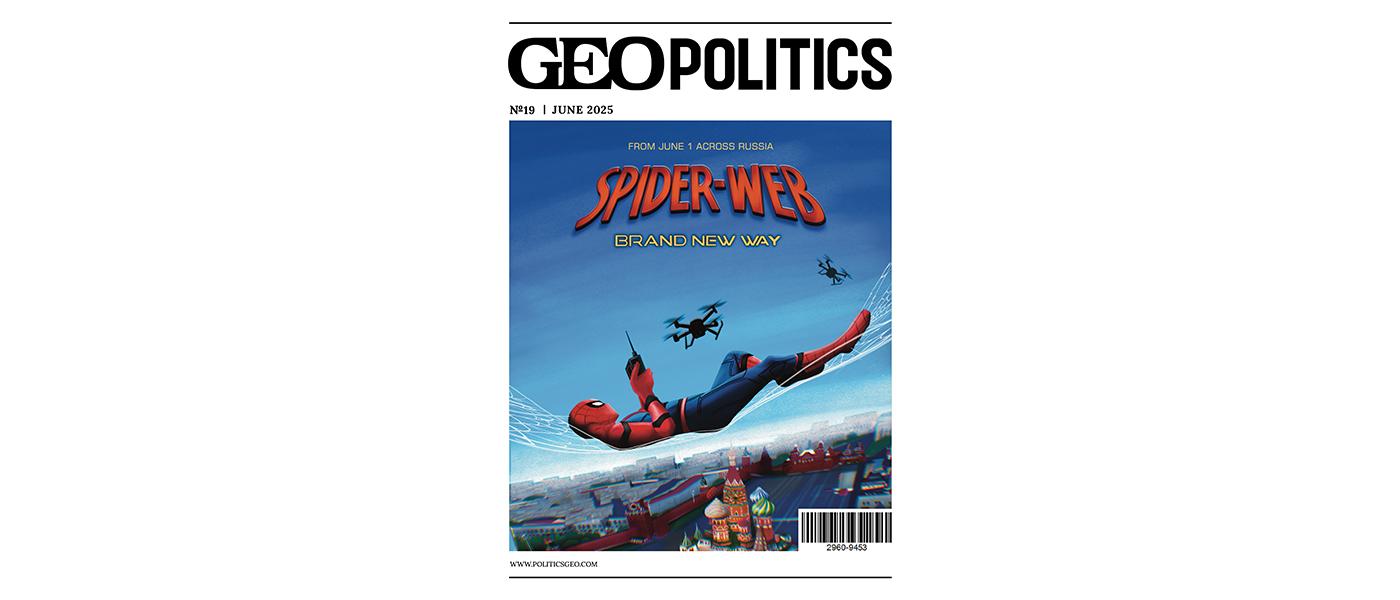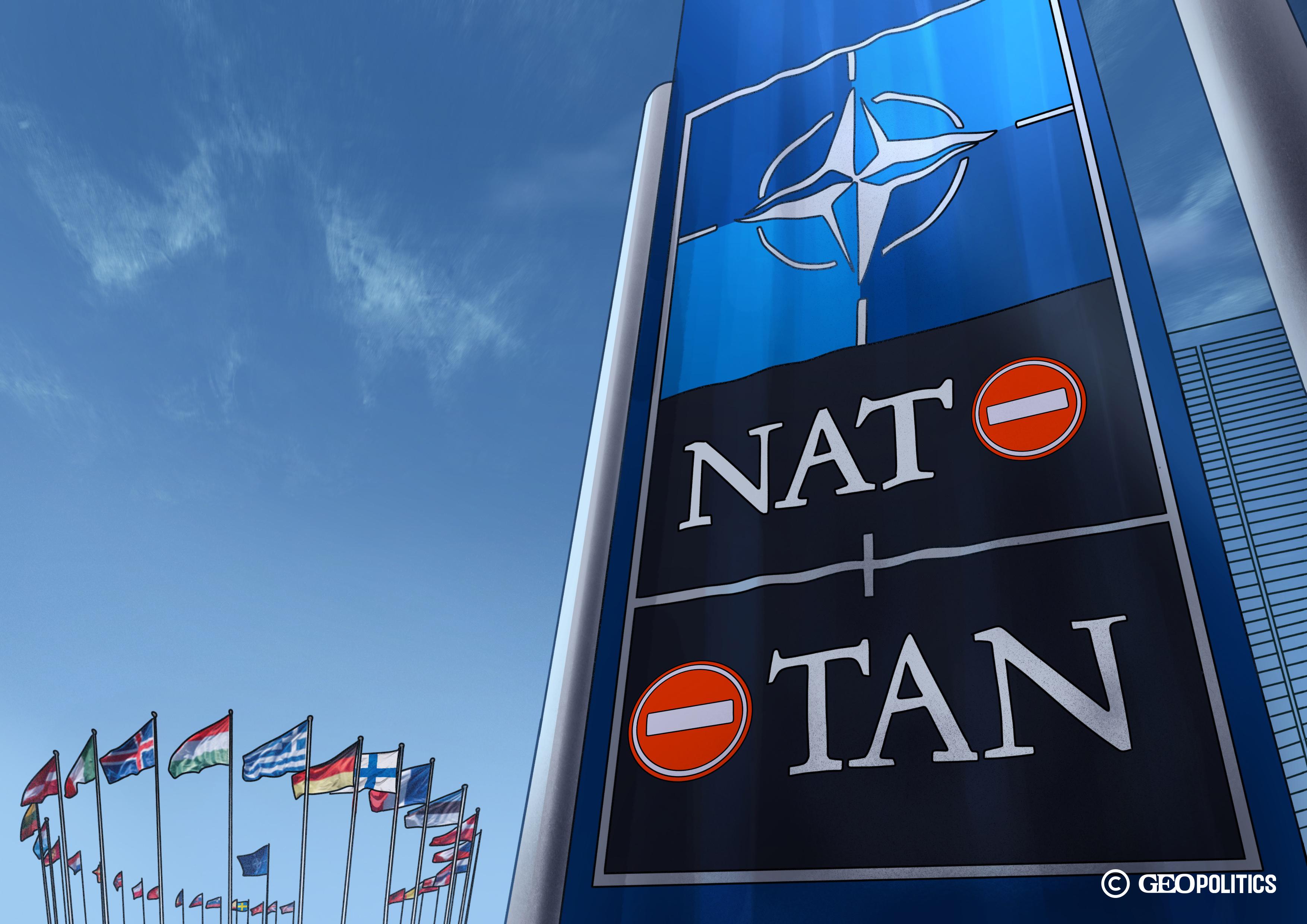The world’s security architecture is fraying — and not at the edges, but at its core. Institutions meant to safeguard stability have become slow and self-doubting, while revisionist powers, like Russia, have exploited the gaps and promulgated insecurity, destruction, disinformation, and bloodshed. In this volatile landscape, Ukraine has recently redrawn the boundaries of asymmetric warfare. In a move that stunned Moscow and inspired democratic forces throughout the world, President Zelenskyy launched a sprawling “spider-web” of drone operations that have disabled nearly 30% of Russia’s strategic aviation fleet. The lesson? Agility, ingenuity, and courage can outmatch sheer scale.
That same “spider-web logic” — decentralized, disruptive, and decisive — should be a lesson far beyond the battlefield. The EU, still entangled in its bureaucracy and risk aversion, must reimagine enlargement not as a procedural crawl but as a strategic leap. The U.S., too, cannot afford to outsource urgency: pressing Russia and brokering credible peace frameworks — from Ukraine to the Caucasus — demands bold initiative, real-life economic and military pressure, and not just bravado and appeasement. And for countries like Georgia, where the fight against authoritarian backsliding intersects with foreign subversion and the fight against Russian propaganda, this is a call to weave new, efficient networks of civic resistance and democratic resilience. Zelenskyy’s “web” may be made of drones, but its strands — speed, creativity, and clarity of purpose — are tools of survival and strength for us all. The Brand New Way of defending freedom and democracy has been shown, now it is up to us to follow it.
Attached File






